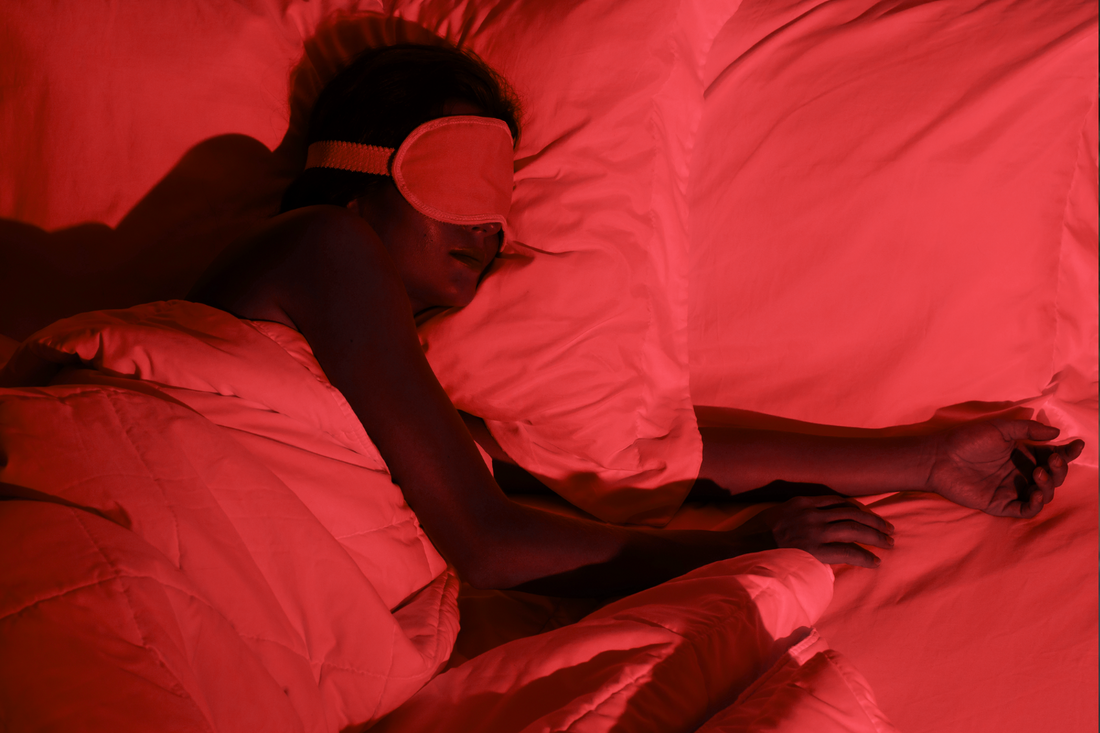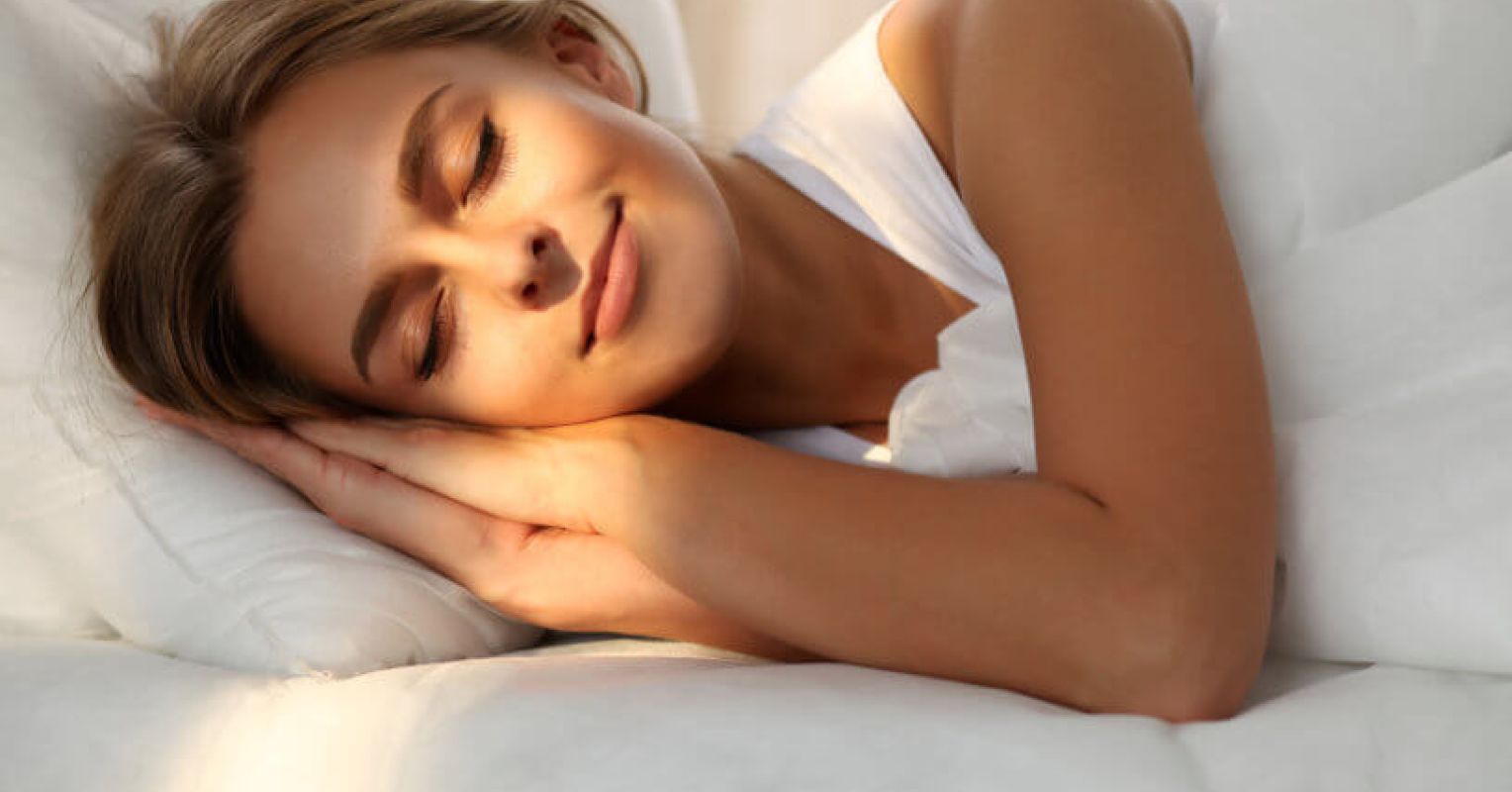Advanced Sleep Therapy - Attain Deep, Restful Sleep
Wiki Article
Effective Therapy Solutions for Taking Care Of Rest Disorders and Enhancing Relaxing Rest
In the world of healthcare, the monitoring of sleep disorders and the quest for relaxing sleep are essential elements of total well-being. Reliable therapy services provide a multifaceted method to tackle these obstacles, ranging from cognitive behavior interventions to all natural techniques that promote leisure and mindfulness. The exploration of different approaches, consisting of the assimilation of drug and light therapy, opens up a realm of possibilities in the pursuit of much better sleep top quality. As we browse the detailed landscape of sleep conditions and look for to enhance our sleep experience, a deeper understanding of these therapy solutions might hold the trick to unlocking a more relaxing and meeting corrective trip.Cognitive Behavior Treatment for Sleeplessness (CBT-I)
Cognitive Behavior Modification for Sleeplessness (CBT-I) is a structured, evidence-based therapy technique that concentrates on resolving the underlying variables adding to rest disturbances. This kind of therapy aims to customize habits and ideas that worsen sleep problems, eventually advertising healthy sleep patterns. CBT-I commonly entails numerous key parts, consisting of cognitive treatment, rest restriction, stimulus control, and rest hygiene education and learning.Cognitive therapy helps individuals recognize and transform adverse idea patterns and ideas regarding rest that may be hindering their capacity to fall or remain asleep. Sleep limitation includes limiting the quantity of time spent in bed to match the individual's real sleep duration, therefore raising rest efficiency (insomnia solutions). Stimulation control strategies aid develop a solid association in between the bed and sleep by urging people to visit bed just when sleepy and to avoid taking part in promoting activities in bed
Moreover, sleep health education and learning concentrates on establishing healthy and balanced sleep habits, such as maintaining a regular rest routine, developing a relaxing going to bed regimen, and enhancing the sleep setting. By attending to these elements adequately, CBT-I provides an effective non-pharmacological intervention for taking care of sleeping disorders and boosting general rest quality.
Sleep Health Practices
Having established the foundation of cognitive restructuring and behavior modifications in resolving sleeping disorders with Cognitive Behavioral Therapy for Sleep Problems (CBT-I), the focus now shifts in the direction of discovering crucial Rest Hygiene Practices for maintaining ideal rest top quality and overall wellness.Rest hygiene techniques encompass a variety of routines and environmental variables that can considerably affect one's capability to fall asleep and remain asleep throughout the evening. Constant sleep and wake times, producing a relaxing bedtime regimen, and maximizing the sleep environment by keeping it dark, silent, and cool are vital parts of excellent rest hygiene. Limiting exposure to screens before bedtime, staying clear of stimulants like caffeine near bedtime, and participating in regular exercise throughout the day can additionally advertise far better sleep quality.
Additionally, practicing relaxation strategies such as deep breathing exercises or meditation prior to bed can assist calm the mind and prepare the body for rest. By including these rest hygiene techniques right into one's everyday regimen, individuals can establish a healthy and balanced rest pattern that supports restful rest and over at this website overall well-being.
Leisure Methods and Mindfulness
Implementing leisure strategies and mindfulness techniques can play a pivotal function in cultivating a feeling of calm and advertising high quality sleep. Furthermore, led images can assist move individuals to a peaceful place in their minds, assisting in stress reduction and enhancing rest quality.By including these techniques into a going to bed regimen, people can signal to their bodies that it is time to take a break and prepare for sleep. Overall, incorporating relaxation techniques and mindfulness techniques can dramatically add to taking care of rest conditions and enhancing total rest quality.

Medicine Options for Rest Disorders
After discovering leisure strategies and mindfulness practices as non-pharmacological interventions for improving rest top quality, it is necessary to consider medicine options for individuals with sleep disorders. In instances where lifestyle changes and therapy do not provide sufficient relief, medication browse around this web-site can be an important tool in managing sleep disturbances.
Frequently prescribed medications for rest problems consist of benzodiazepines, non-benzodiazepine hypnotics, antidepressants, and melatonin receptor agonists. Benzodiazepines, such as diazepam, are sedatives that can assist induce sleep, but they are usually advised for short-term use due to the threat of dependence. Non-benzodiazepine hypnotics like zolpidem are also used to deal with insomnia and have a lower danger of dependence contrasted to benzodiazepines. Antidepressants, such as trazodone, can be beneficial for people with co-occurring clinical depression and rest disturbances. Melatonin receptor agonists, like ramelteon, target the body's all-natural sleep-wake cycle and can be valuable for controling sleep patterns.
It is essential for individuals to talk to a health care provider to establish one of the most appropriate medicine alternative based upon their particular rest condition and case history.
Light Treatment for Circadian Rhythm Guideline
Light therapy, also referred to as phototherapy, is a non-invasive treatment technique used to control body clocks and enhance sleep-wake cycles. This therapy entails exposure to brilliant light that resembles natural sunshine, which aids to reset the body's internal clock. By subjecting people to particular wavelengths of light, commonly in the morning or evening relying on the wanted effect, light therapy can successfully readjust the circadian rhythm to promote wakefulness throughout the day and boost relaxed sleep in the evening.Research study has actually revealed that light therapy can be especially valuable for individuals with circadian rhythm conditions, such as postponed rest stage disorder or jet lag. It can also be practical for those experiencing seasonal affective disorder (SAD), a sort of depression that generally happens throughout the winter season when all-natural light exposure is decreased. Light treatment is usually well-tolerated and can be utilized along with various other therapy approaches for sleep disorders to optimize outcomes and enhance total rest top quality.
Verdict
In final thought, efficient therapy options for handling rest conditions and enhancing restful rest include Cognitive Behavior modification for Sleeplessness (CBT-I), sleep health practices, relaxation strategies and mindfulness, drug choices, and light treatment for body clock guideline. These methods can assist individuals enhance their sleep top quality and general health. It is vital to seek advice from a health care provider to determine one of the most appropriate method for addressing rest concerns.
As we browse the intricate landscape of rest disorders and seek to boost our sleep experience, a much deeper understanding of these therapy solutions might hold the key to opening a much more refreshing and meeting restorative trip.
Sleep restriction includes additional reading limiting the amount of time invested in bed to match the person's actual rest period, therefore raising sleep performance. Consistent rest and wake times, producing a relaxing going to bed routine, and maximizing the rest setting by keeping it dark, quiet, and cool are important components of great rest hygiene. Light treatment is typically well-tolerated and can be made use of in conjunction with other treatment techniques for rest conditions to maximize outcomes and enhance overall rest top quality.

Report this wiki page